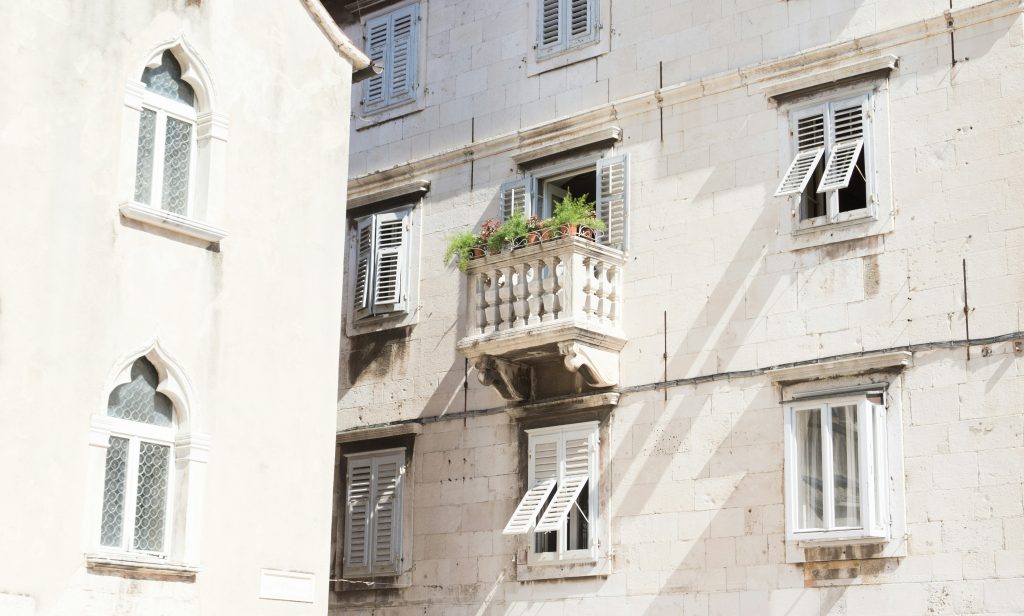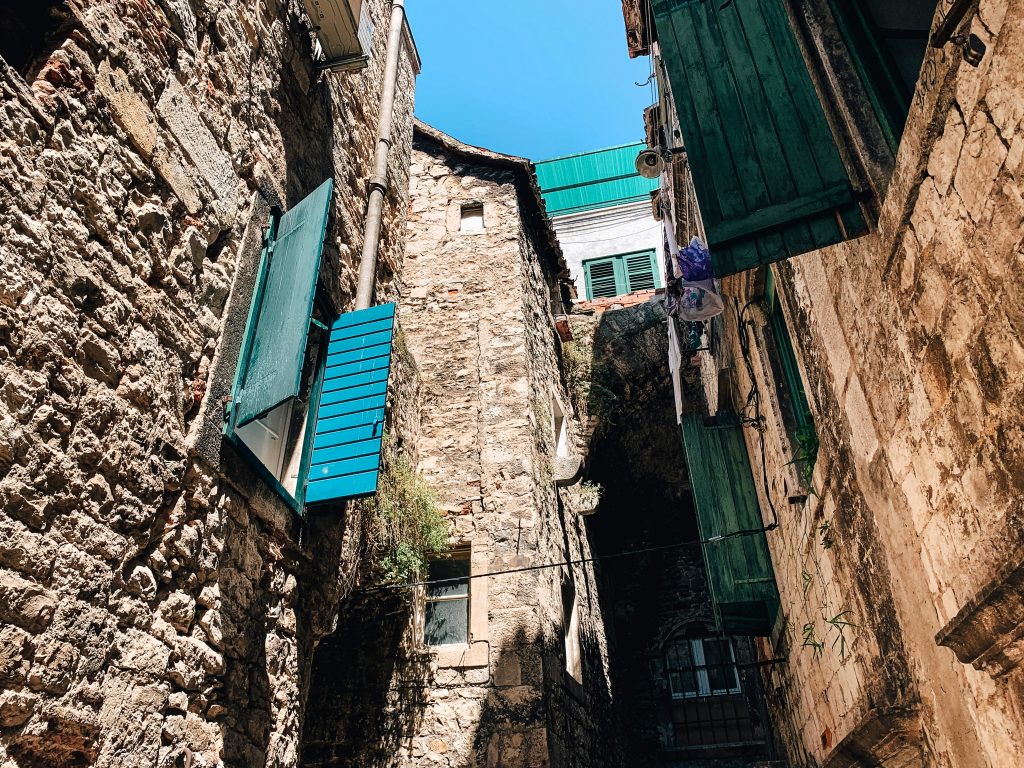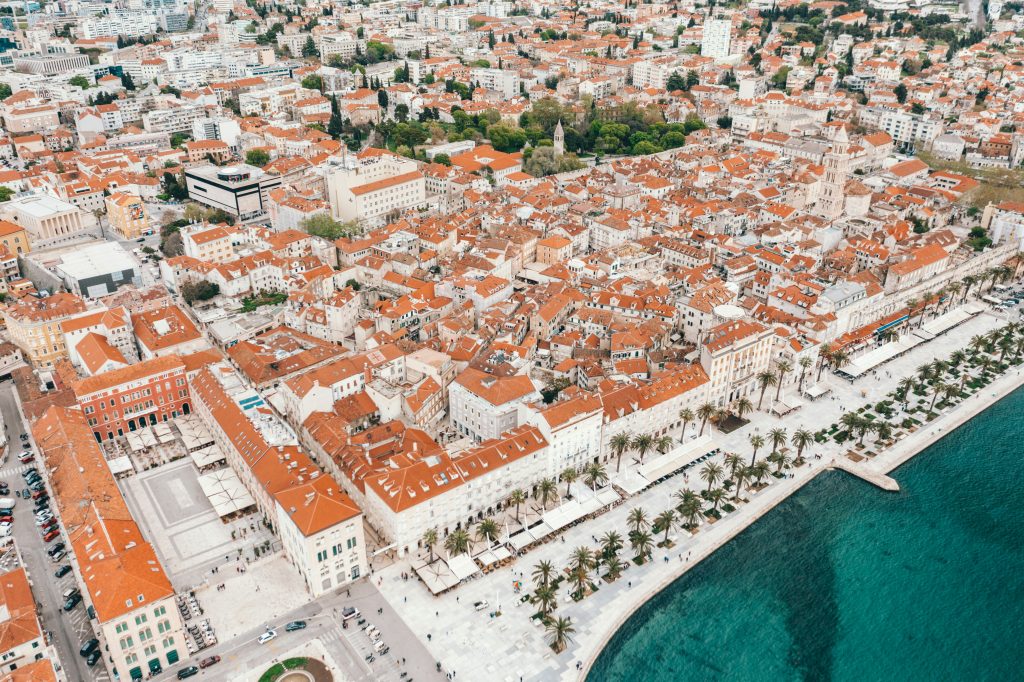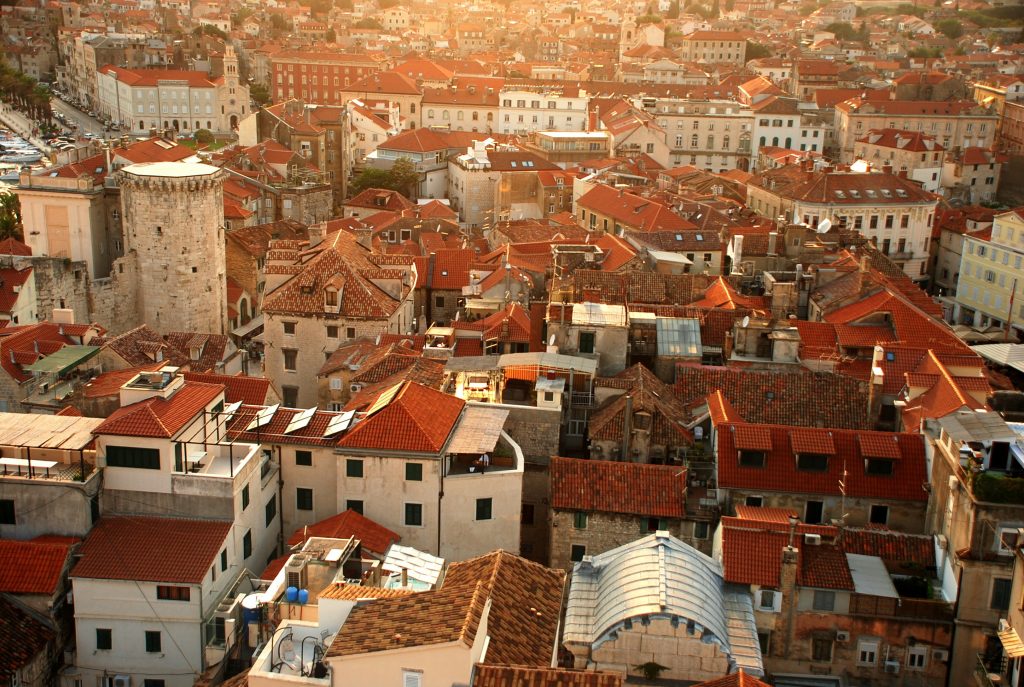June the 9th, 2024 – Tourism has been facing the same issue for many years now, regardless of the eVisitor system – a chronic lack of Croatian accommodation inspectors.
As Poslovni Dnevnik/Ana Roksandic writes, tourism has been struggling for years with the problem of illegal apartment renters and the chronic lack of Croatian accommodation inspectors who control private renters along the coast. As the summer tourist season kicks off, the State Inspectorate has revealed that 83 of their officers are currently assigned to inspection duties within the scope of the tourist accommodation inspection.
This apparently insufficient number of Croatian accommodation inspectors poses a serious issue when it comes to catching illegal renting in the act based on reports. It’s worth noting that generally, a fine ranging from 1,327 to 3,981 euros is prescribed for those who fail to report the operation of their rental, with additional punishments also frequently prescribed.
They emphasised that the work programme of the State Inspectorate for this year determined that inspections of unregistered catering and hospitality activities are one of the priority activities of these inspectors. The central office has five regional offices and branches nationwide.
despite help from inland, there still aren’t enough croatian accommodation inspectors

Regardless of the number of permanently assigned Croatian accommodation inspectors, coastal regional offices and outposts, during the tourist season they are assisted by inspectors from the continental regional offices of the State Inspectorate. However, no matter how much the inspectors along the coast receive help from their colleagues from other parts of Croatia, it still isn’t enough for many tourist boards.
“The insufficient number of inspectors is evident throughout the Adriatic, including in Novalja. The entire area of the island of Pag is covered by one single tourist inspector. During the tourist season it’s totally impossible to carry out regular inspections of both accommodation and catering/hospitality facilities.
Most of the supervision of accommodation facilities is carried out based on reports received. We hope that with the help of additional tourist inspectors, there will be fewer problems for Croatian tourism during the coming summer season”, commented Marina Šćiran Rizner, director of the Tourist Board of Novalja.
The wider area of Šibenik was visited by around 300,000 tourists last year, and the local tourist board expects a jump of at least 5% this year. This is exactly why the big problem lies in the fact that, at least according to the director of the Šibenik Tourist Board, Dino Karađole, there isn’t enough control in the Šibenik area.
“Although I’m in regular communication with the Inspectorate, I believe that due to the lack of staff, I cannot process all cases within a reasonable time. In our opinion, there’s a lot of illegal work going on, both among domestic entities and among foreigners who own buildings and use loopholes in the law to engage in illegal renting,” claims Karađole.
foreigners don’t bring the strict rules of their countries to croatia with them…

Ana Brničević, secretary of the Croatian Association of Family Accommodation, also noticed the problem of foreign renters who generally avoid complying with Croatian laws and regulations.
“I think that the problem of foreign renters who work illegally is quite present. In communication with people on the ground, I see that in bigger cities like Split, the representatives of the building’s tenants don’t even know who is walking around their building. This leads to communal problems and difficulties for those buildings that have common water metres. It seems to me that foreigners from Western Europe haven’t brought the strictness of the rules that they apply in their own countries with them”.
In such cases, do inspectors encounter communication difficulties when the owner of the accommodation is a foreigner who doesn’t speak Croatian? The State Inspectorate responds:
“According to the legal regulations of the competent authority, we primarily state that catering and hospitality services in the household are provided by renters. They can be Croatian citizens or citizens other member states of the European Economic Area (EEA), or the Swiss Confederation.
In this regard… there’s no difference when performing inspections of Croatian renters and renters of citizens of other member states of the EEA and the Swiss Confederation. We emphasise that the inspection procedure is conducted in the Croatian language and Latin script, but foreigners must be given the opportunity to use their own language or script”.
Based on this, it seems that non-residents, at least from the legal side, shouldn’t really represent an additional difficulty for tourist inspectors. That said, considering the concerning lack of staff and the large number of houses and apartments that are rented out each and every summer, it’s certainly going to be difficult to review all of the reports that coming flooding in.
“Common violations of the rules in Split include renting accommodation facilities in a household without the approval of the competent institutions. We pay special attention to the identification of such places and promptly report them to the competent authorities for further control and sanctioning”, said the Tourist Board of the City of Split.
around 7,000 residential properties in split – 9% of the city’s total housing stock

The Split Regional Office states that 24 officers are currently assigned to the duties of tourist inspectors. They carry out inspections across all segments within the scope of competence of the tourist inspection, while 12 officers are assigned to the duties of tourist inspectors in the headquarters of the Split Regional Office (without branches). It’s worth looking at last year’s data, which shows that in Split alone, there are about 7,000 residential properties for rent to tourists, which represents about 9% of the city’s total housing stock.
While citizens and tourist boards persistently report violators of regulations, Brničević is appealing for people to understand that renting has become a business in its own right. No longer is it just something that is done on the side, and as such, it must be approached professionally.
“It’s now a job that requires engagement throughout the entire year, from marketing to working directly with guests. It’s very commendable how seriously Croatian landlords have taken this, especially in areas like the Makarska Riviera where everything has really been raised to a far higher level. However, the problem is that little bit of human greed, because there are those who think that it’s a simple business to get rich quickly. It’s not like that at all in reality, and there are a lot of costs that are not recognised by renters,” says Brničević, while Karađole added:
“The lack of Croatian accommodation inspectors is a big problem, as those who break the law each summer know very well. And they use this to their advantage – a lot.”











